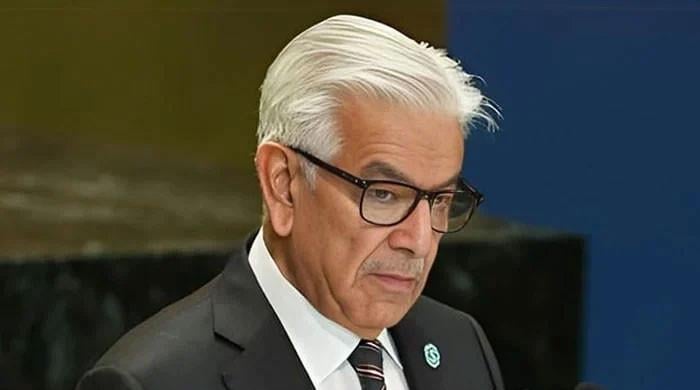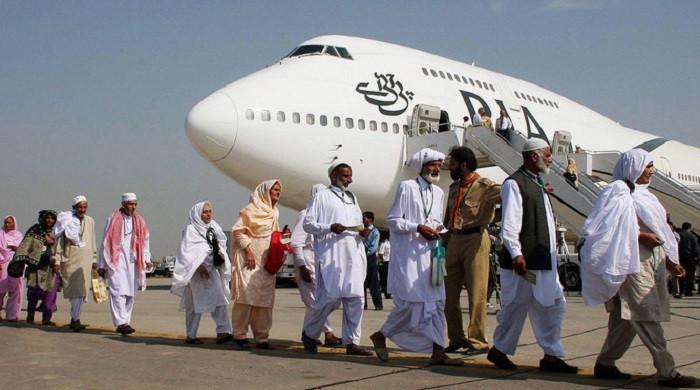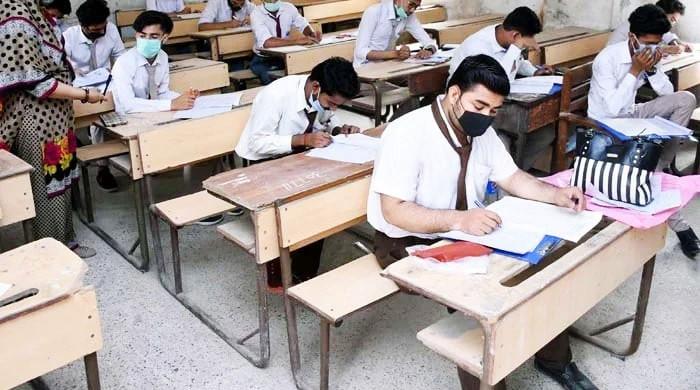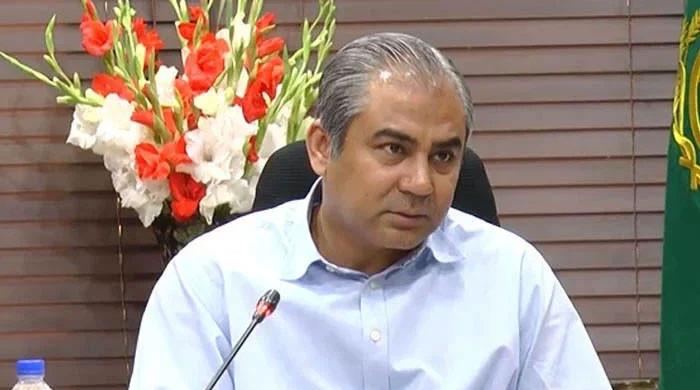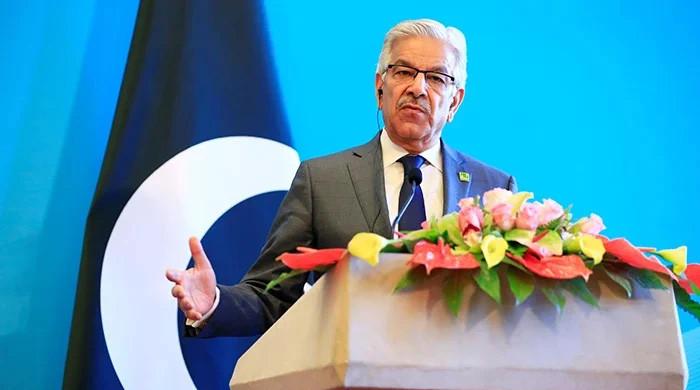Pakistan elected non-permanent UNSC member with big majority
Pakistan garners 182 ballots in 193-member General Assembly — far more than the required 124 votes
June 06, 2024
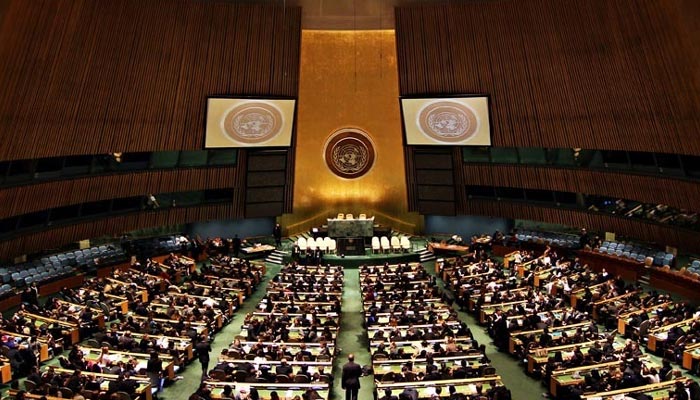
- Pakistan will replace Japan on January 1, 2025.
- Pakistan to actively work with other member countries: envoy.
- Islamabad joining Council at a time of great int'l upheaval.
UNITED NATIONS: After months of hectic campaigning, Pakistan Thursday was elected, with a massive majority, as a non-permanent member of the UN Security Council, the world body’s power centre, pledging to make its contribution in meeting the grave challenges facing the world.
Pakistan, which was unopposed, garnered 182 votes in the 193-member General Assembly — far more than the required 124 votes representing two-third majority.
Loud applause rang out in the iconic hall of the General Assembly when its president, Dennis Francis, announced the winners of the five non-permanent seats — Pakistan, Denmark, Greece, Panama and Somalia –to replace Japan, Ecuador, Malta, Mozambique and Switzerland whose terms end on December 31. He congratulated them on their victory.
Pakistan will replace Japan, which currently occupies the Asian seat, on January 1, 2025, to begin a two-year term, its eighth.
Speaking about Pakistan’s priorities and goals as a member of the 15-member Council, Munir Akram, Pakistan’s permanent representative to the UN, said the country's election "represents the confidence of the international community in Pakistan’s ability to promote the purposes and principles of the UN Charter".
Ambassador Akram said Pakistan would actively work with other member countries of the Council to advance the shared objectives.
In this regard, he especially highlighted Pakistan’s ambition to contribute meaningfully to the prevention of conflicts and their peaceful settlement in line with the UN Charter.
Pakistan’s earlier terms on the Council were in 2012-13, 2003-04, 1993-94, 1983-84, 1976-77, 1968-69 and 1952-53.
Pakistan is joining the Security Council at a time of great international upheaval and challenges and plans to pay special attention to:
- Promotion of peace and security in South Asia
- Upholding the principle of self-determination for the people of Palestine and Kashmir
- Promotion of normalisation in Afghanistan
- Promotion of equitable solutions to the security challenges in Africa
- Enhance the effectiveness of UN peacekeeping operations
As a non-permanent member of the Security Council in the past, Pakistan had made significant contribution to its work aimed at strengthening international peace and security.
Over the last 50 years, Pakistan has been a leading contributor to United Nations Peacekeeping Missions. Currently, it has over 4,000 troops and other personnel deployed in UN Peacekeeping Missions around the world.
The new members will join the five veto-wielding permanent members — the United States, Russia, China, United Kingdom and France — and the five countries elected as non-permanent members last year — Algeria, Guyana, South Korea, Sierra Leone and Slovenia.





